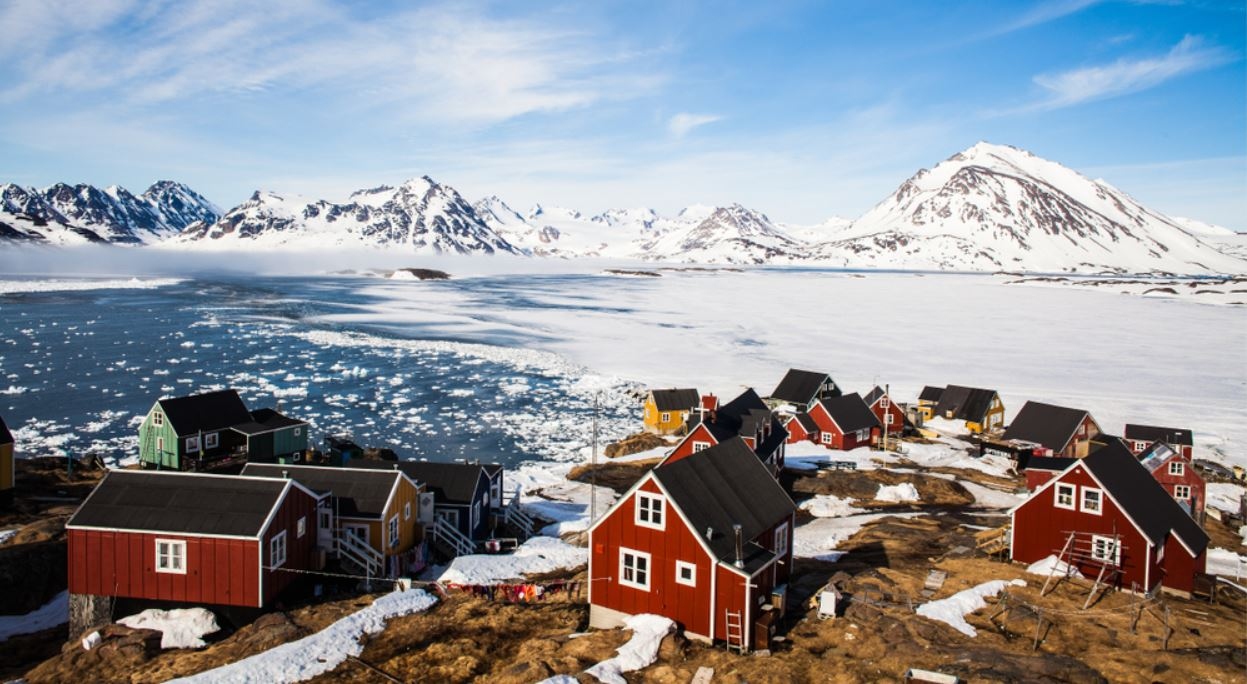
Practical information
The Arctic region has enjoyed lasting political stability for several decades. However, the region is very vulnerable to the acceleration of climate change, and in addition, it is subject to growing interest from global powers eager to explore its geo-economic and geo-strategic potential. These rapid transformations are leading the Arctic states to rethink their strategy as economic and security issues directly influence their policy. Current regional cooperation mechanisms may also evolve. How are the various challenges in this region met? What is the role of Arctic communities such as Greenland’s? How can the European Union and other stakeholders contribute to preserving regional stability?
It is with this in mind that the seminar offers an open dialogue between the Kingdom of Denmark and France on security policy and economic prospects in the Arctic region.

Opening remarks
Michael Starbæk Christensen, The Kingdom of Denmark’s Ambassador to France
Speakers
- Thomas Winkler, Arctic Ambassador of the Kingdom of Denmark
- Kenneth Høegh, Deputy Minister for Foreign Affairs, Government of Greenland
- Jean-Charles Larsonneur, Member of France’s National Assembly
Chair: Thomas Gomart, Director of Ifri
This seminar will be held in English on Zoom.
Related Subjects
Other events

From Ambition to Action: Exploring Technological Partnerships with India
The 16th EU-India Summit, held on January 27th in New Delhi with European leaders António Costa, Ursula von der Leyen, and Prime Minister Narendra Modi, marks a significant milestone in deepening EU-India relations. At the same time, official bilateral visits from EU member states are on the rise, including that of the French President, who visited India in February to participate in the Artificial Intelligence Summit. As India asserts its technological ambitions and seeks to reduce its dependence on China, Europe is stepping up its efforts to diversify its strategic partnerships.

The Enlargement of the European Union: A Strategic Choice? France, the Western Balkans and the EU in an Uncertain Geopolitical Context
Russia’s war against Ukraine has brought the enlargement of the European Union back to the centre of European strategic debates. In this context, the Western Balkans have regained heightened visibility in discussions on the continent’s security, at a time when the international environment is marked by a growing number of destabilising factors.






